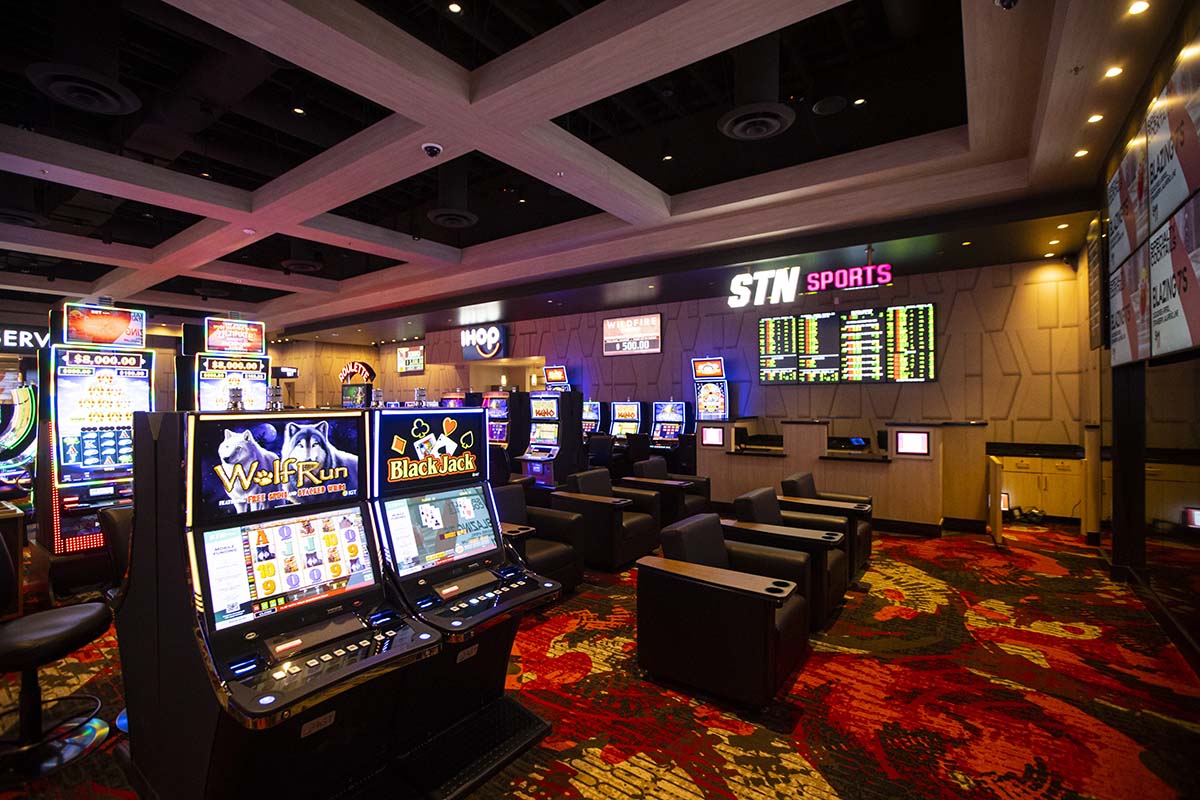Casino gaming has long been a topic of fascination and debate, attracting millions of players globally. With a blend of luck, strategy, and the excitement of uncertainty, casino games offer an exhilarating escape from everyday life. However, as entertainment becomes ever more available, it invites a more thorough examination of the morality surrounding these games.
At the heart of the debate lies the issue of whether casinos promote safe gambling or exploit vulnerable individuals. The appeal of potential winnings versus the reality of losses can create a challenging dynamic, and understanding this balance is essential for both players and operators. As we delve into the ethics of casino gaming, we will explore the responsibilities of casinos, the effects on society, and the measures that can be taken to foster a better gaming environment.
The Impact of Casino Gaming on Society
Gambling in casinos has a considerable influence on society, affecting not only the financial landscape but also interpersonal dynamics and local frameworks. The funds generated from casinos can lead to job creation and boost local economies, as they provide various employment opportunities in multiple fields including hospitality, entertainment, and shopping. However, while the economic advantages can be significant, communities often struggle with the possible negative impacts that arise from higher gambling activity.
Moreover, the presence of casinos can lead to an rise in gambling addiction, presenting serious challenges for players and families. The thrill of casino games can quickly transform into a habitual habit, affecting connections with others and leading to financial instability. Many individuals may struggle with the loss of control over their gambling behaviors, resulting in a need for community support services and interventions to address this growing issue. The social cost of addiction can ripple through kinships and neighborhoods, creating an urgent need for sensible gambling approaches.
In addition to the economic and social consequences, casino gaming often reflects cultural attitudes towards risk and leisure. OKE179 It can foster a sense of joy and leisure, attracting tourists and boosting local travel. However, this allure may also conceal the broader implications of gambling as a form of entertainment, provoking ethical questions about its promotion and availability. As communities weigh the advantages and drawbacks of casino gaming, the need for sensible approaches and regulation becomes increasingly critical in ensuring that the positive aspects are maximized while reducing the negative effects.
Moral Issues in Betting Practices
The ethics of gambling gaming often revolve around the risk for addiction and its consequences on people and families. Betting can lead to serious monetary distress, impacting not only the betters but also their families. As individuals become caught in the allure of winning, many lose track of their financial limits, which can result in devastating results such as bankruptcy. This raises moral questions about the duty of gambling establishments in promoting responsible gambling practices and providing support for those who may be dealing with betting addiction.
Another major issue is the advertising of gambling to at-risk populations. Casinos often target low-income individuals or communities with the offer of quick gains, which can perpetuate cycles of financial struggle and hopelessness. In this context, the ethics of advertising strategies used by casinos come under examination, as they may take advantage of the need of people seeking an way out from economic troubles. This manipulation raises ethical questions about the honesty of the betting industry and its responsibility to safeguard its most at-risk customers.
Additionally, the impact of casino operations on the community as a entirety cannot be overlooked. While some argue that casinos create employment and boost local economies, others point to the community costs associated with dysfunctional betting, increased criminal rates, and a strain on public resources. Balancing financial advantages with the risk for community issues presents a complex moral dilemma for policymakers and gambling operators alike. The challenge lies in finding a responsible approach that takes into account the welfare of people and society while still permitting for the enjoyment of gambling activities.
Regulatory Framework and Obligations
The oversight system pertaining to gambling games is created to ensure justice, integrity, and gambler security. Various government bodies and gambling commissions establish and enforce regulations that dictate how casino activities work, the standards for product design, and the procedures for handling prizes. These regulations vary by region but typically involve permit requirements for providers and rigorous measures to avoid deception and fraud.
In furthermore to oversight bodies, gambling operators bear significant duty in upholding moral standards within their facilities. They must implement responsible gambling practices that encourage gambler protection and consciousness, including presenting self-exclusion options and providing information about the hazards connected to gambling. Casinos are also responsible for instructing workers to spot signs of problem betting and understand the correct steps to help patrons in need.

Additionally, transparency in gaming operations is crucial for gaining and maintaining public trust. Casinos should offer clear data about the probabilities of activities, promotional offers, and any related hazards. By fostering an atmosphere of integrity and trust, operators can help mitigate the likelihood negative impact of gambling while boosting the overall gaming experience for all gamblers.